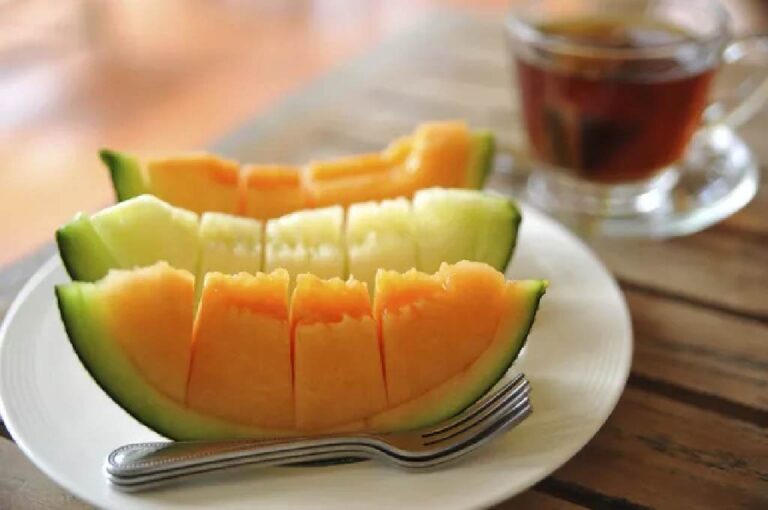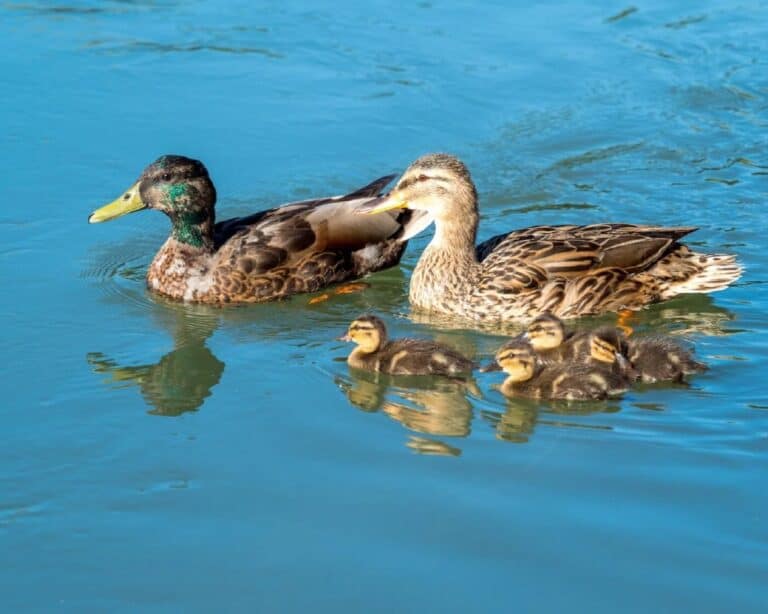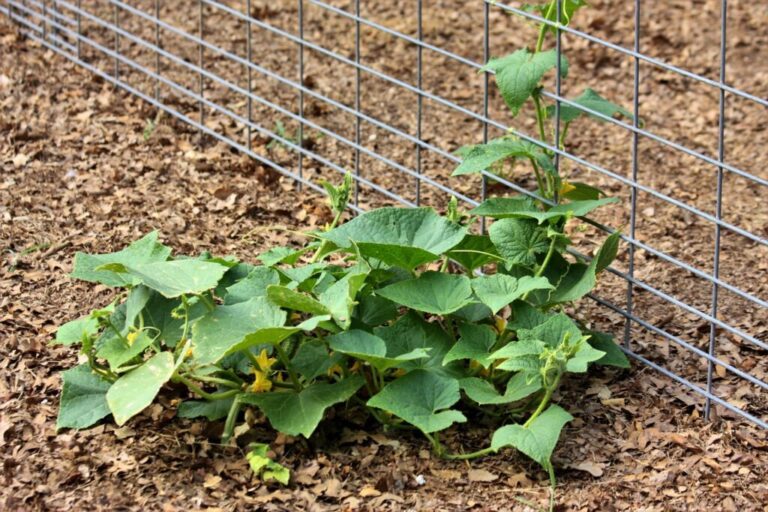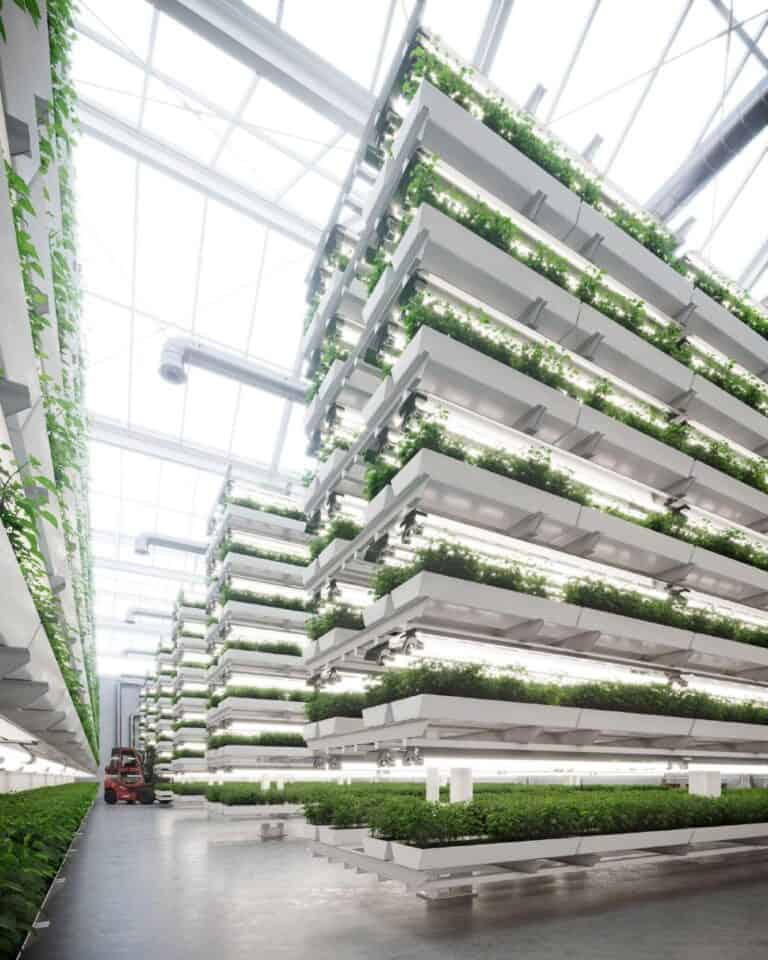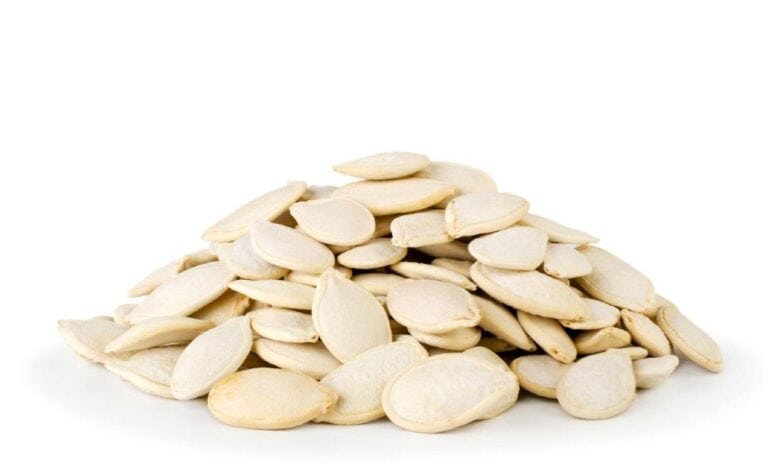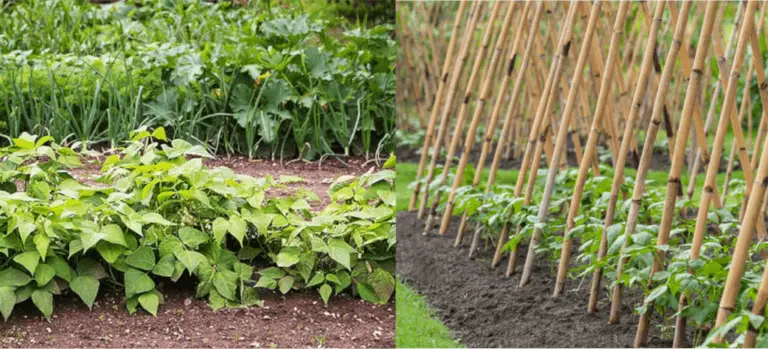Should I Soak Pea Seeds Before Planting? The Surprising Benefits
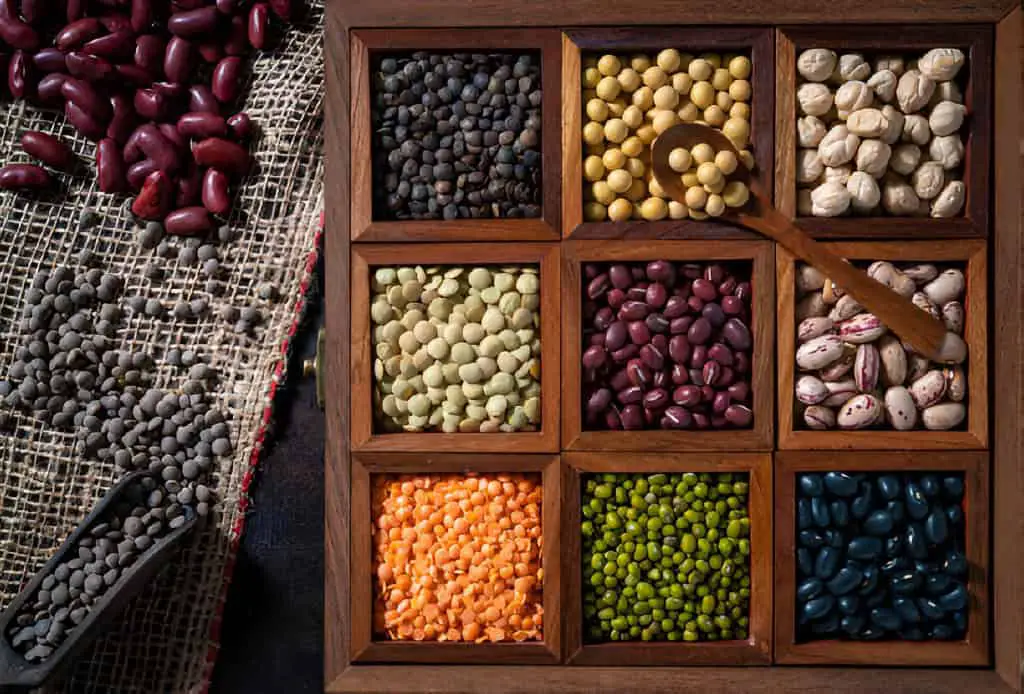
Peas have always held a special place in my garden. They are nostalgic. They climb trellises, sprouting tendrils that latch onto anything nearby, as if begging for more sunlight.
But before they reach for the sky, there’s one question I had to grapple with: should I soak pea seeds before planting? Spoiler alert—there’s a method to the madness, and it might just surprise you.
My Journey with Peas
I remember the first time I planted peas—those smooth, hard seeds stared back at me, daring me to figure out how to get them to sprout. Like any novice gardener, I followed the seed packet instructions religiously. But the results were hit-or-miss.
Some sprouted quickly, while others lagged behind, like the kid in gym class who refuses to run. It wasn’t until I discovered the benefits of soaking pea seeds that my garden started to thrive.
To Soak or Not to Soak: The Big Debate
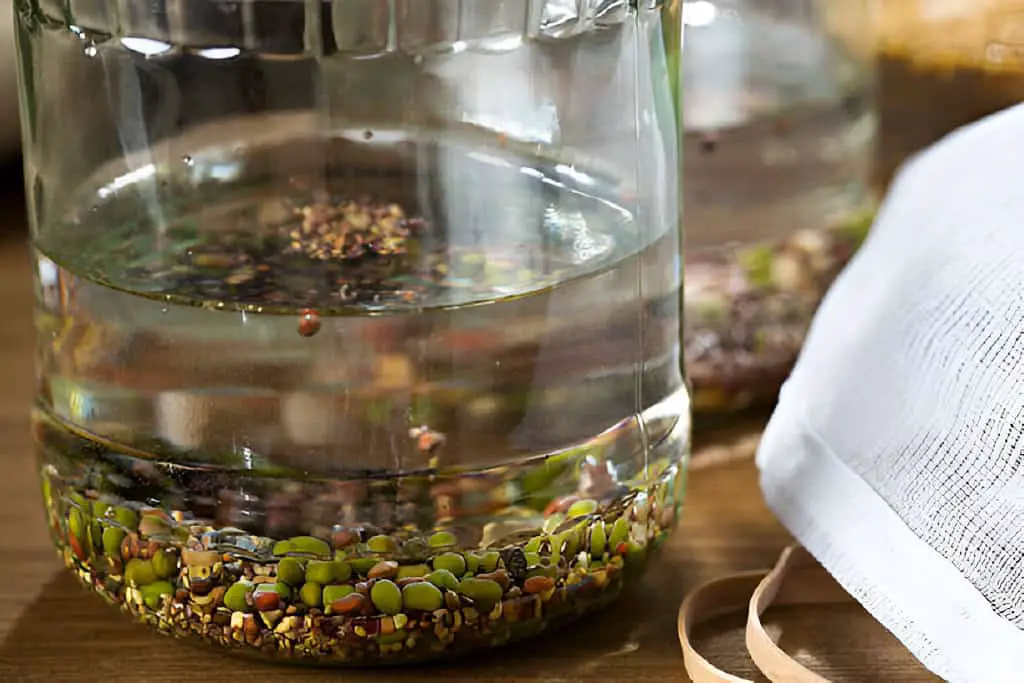
This debate among gardeners can be as heated as the best way to brew coffee. Some swear by soaking pea seeds before planting, while others claim it’s unnecessary. So, which camp do I belong to? I lean towards soaking, but it depends on the conditions. Let’s break it down.
Why Soak Pea Seeds?
Soaking pea seeds before planting can speed up the germination process. Think of it like waking up your seeds with a gentle nudge rather than letting them hit the snooze button repeatedly.
Pea seeds have a hard outer shell that needs to soften before the seedling can break through. By soaking the seeds, you help the shell break down faster, giving the seed a head start.
Soaking also helps ensure more even germination. If you’ve ever planted peas, you know that sometimes only half the seeds sprout at the same time. Soaking can synchronize their wake-up call, leading to a more uniform row of plants.
Here are the key benefits of soaking pea seeds:
- Faster germination: You can shave days off the waiting game.
- Even sprouting: Say goodbye to patchy rows.
- Stronger plants: Soaked seeds have a better chance of getting off to a healthy start.
Why Skip Soaking?
But before you go dunking your seeds into water, there are some instances where you might want to skip this step. If you’re planting your peas directly in moist, well-prepared soil and aren’t in a rush, you can let nature take its course. Peas, after all, are hardy little warriors and will sprout eventually—even without the soak.
Here’s where I generally skip soaking:
- When the soil is already damp and ready: No need to over-hydrate.
- If you’re not in a hurry: Let nature do its thing.
- In warmer climates: Peas sprout faster in warmer conditions, making soaking less necessary.
The Science Behind It
So, what exactly happens when you soak pea seeds? It’s all about hydration and readiness. Pea seeds are like tiny vaults, storing everything they need to grow inside a tough outer casing.
When you soak them, you soften that outer shell and allow water to penetrate the seed more easily. This triggers the seed to begin the germination process.
Without soaking, the seed relies solely on the moisture in the soil. If the soil isn’t damp enough, it can take longer for the seeds to absorb the necessary water. Soaking them first speeds this process along and gives the seeds a better shot at germinating evenly.
How Long Should You Soak Pea Seeds?
Ah, the million-dollar question! The sweet spot for soaking pea seeds is usually between 12 and 24 hours. Anything less, and you won’t fully hydrate the seeds.
Anything more, and you risk over-soaking, which could lead to rot. Trust me, soggy, over-soaked seeds are not what you want to plant.
Here’s a quick guide on soaking times and results:
| Soaking Time | Results |
| 0-6 hours | Minimal impact, seeds remain hard |
| 6-12 hours | Slight softening of outer shell |
| 12-24 hours | Optimal hydration, faster germination |
| Over 24 hours | Risk of seed rot, too soggy to plant |
My Pea Soaking Method
Now, let me walk you through my tried-and-true method for soaking pea seeds. I’ve tested this out in various soil conditions and climates, and it hasn’t let me down yet.
- Gather Your Seeds: Start with fresh, high-quality pea seeds. Older seeds might not respond as well to soaking.
- Prepare a Bowl of Room Temperature Water: Don’t use water that’s too hot or cold—pea seeds are delicate, and you don’t want to shock them. I usually fill a shallow bowl with room-temperature water.
- Submerge the Seeds: Place your seeds in the water and let them soak for about 12–24 hours. You’ll notice they start to plump up slightly as they absorb the water.
- Drain and Plant: After the soaking period, drain the seeds, but don’t rinse them. You want to retain some of that moisture. Then, plant them immediately in moist soil.
| Read: Should I Soak Broccoli Seeds Before Planting? |
What If I Don’t Soak Pea Seeds?
If you decide soaking isn’t for you, don’t worry. Pea seeds can still germinate just fine without soaking. Here’s how to make sure they thrive without the extra prep.
- Prepare the Soil: Make sure your soil is well-draining and moist. Peas don’t like soggy conditions, but they do need consistent moisture to sprout.
- Sow the Seeds: Plant your pea seeds about 1 inch deep and cover them with soil. Space them about 2 inches apart for optimal growth.
- Water Regularly: Keep the soil moist, but not waterlogged. Pea seeds need consistent moisture to germinate, especially in the early stages.
Here’s a table comparing the two methods:
| Method | Pros | Cons |
| Soaking Seeds | Faster germination, more even sprouting | Requires extra time; there is a risk of over-soaking. |
| Not Soaking | Less prep time, simpler process | Slower germination, uneven sprouting |
The Impact of Soaking on Germination Time
So, how much time does soaking really save? Based on my experience, soaked pea seeds typically germinate 2–4 days earlier than unsoaked seeds. It may not seem like a big difference. But, it can matter if you’re on a tight planting schedule or facing unpredictable weather.
Every gardener knows those few extra days can mean the difference between a thriving crop and one that gets overtaken by the elements.
| Seed Type | Germination Time (Soaked) | Germination Time (Not Soaked) |
| Snow Peas | 5-7 days | 7-10 days |
| Sugar Snap Peas | 6-8 days | 8-12 days |
| Garden Peas | 5-9 days | 8-12 days |
Troubleshooting Pea Growth
If something goes wrong in your pea-growing journey, don’t throw in the towel just yet. Peas are resilient, but they do have some quirks. Here’s a quick guide to troubleshooting common pea seed issues:
- Seeds not sprouting: Check soil moisture and temperature. Peas like cool weather but need warmth to germinate.
- Slow growth: Overwatering can lead to poor root development. Ensure the soil drains well.
- Mold on seeds: This is often due to over-soaking. Limit your soak time to no more than 24 hours.
Conclusion
So, should you soak pea seeds before planting? In my experience, the answer is usually yes. It speeds up germination, ensures more even sprouting, and gives your peas a head start. But if you’re a more laid-back gardener or if your soil conditions are already ideal, you can skip this step without too much worry.
Ultimately, gardening is about finding what works best for you. Every garden is different, and every gardener has their own quirks. Whether you choose to soak your pea seeds or plant them dry, the most important thing is to enjoy the process. After all, the journey from seed to sprout is one of life’s simple pleasures.

